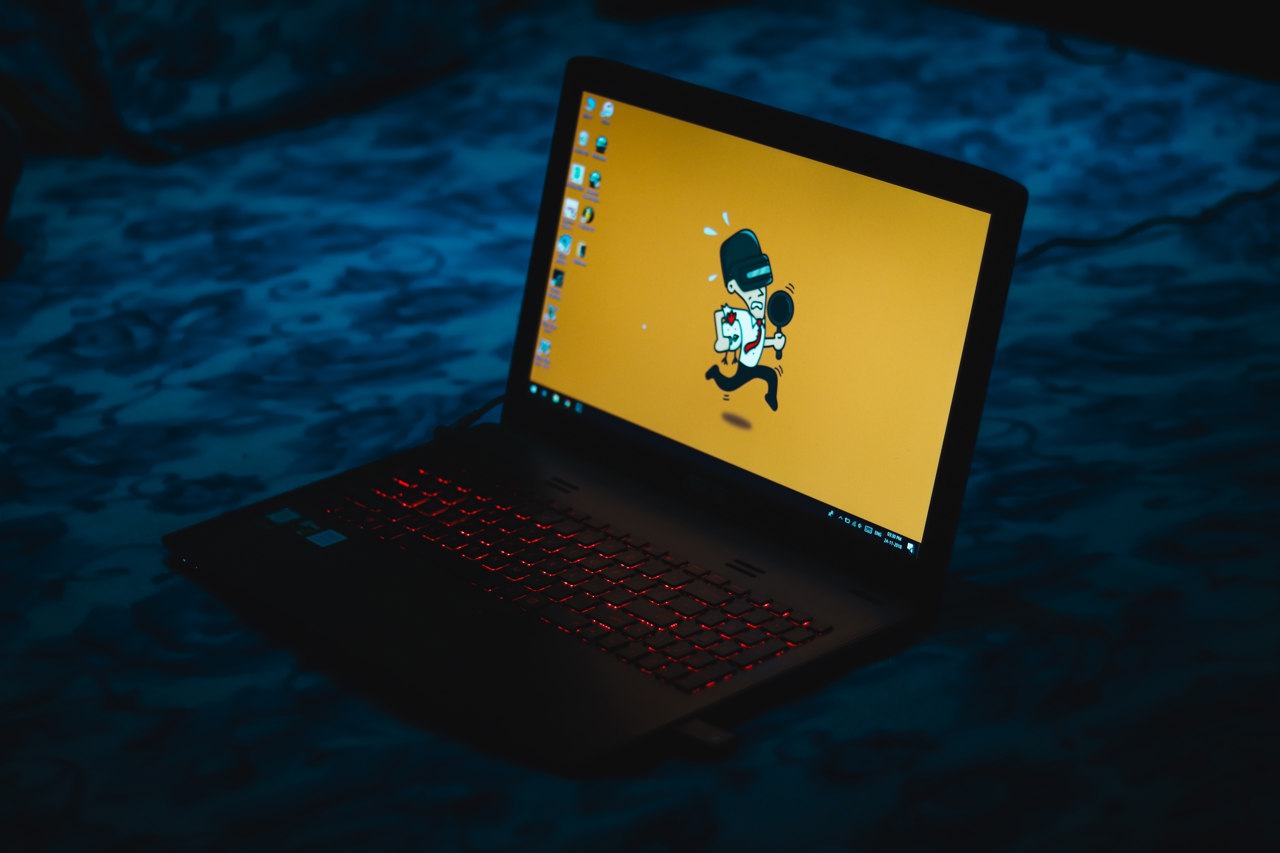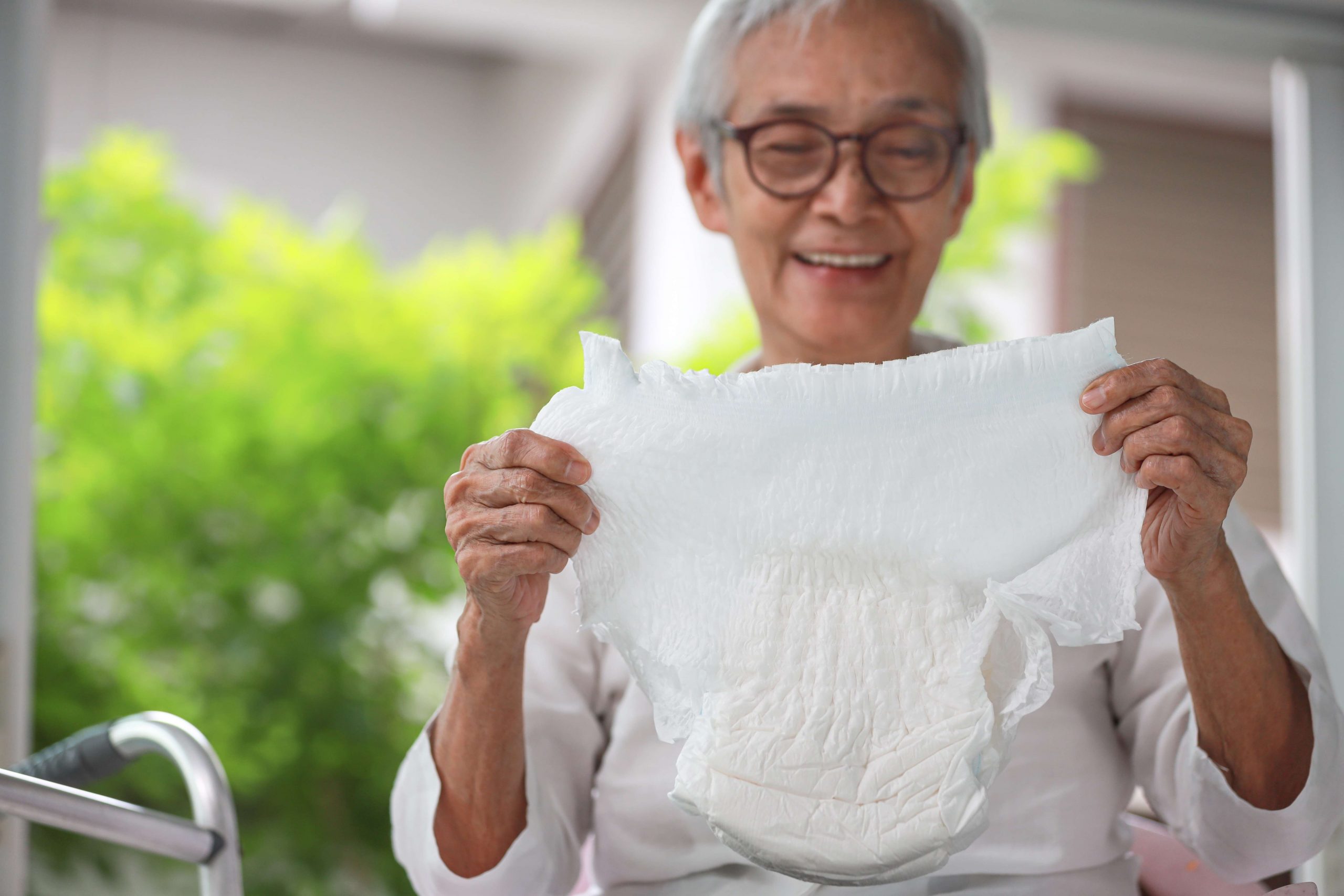Purchasing a used laptop is a smart choice for those looking to save money while still getting a functional device. With the increasing demand for budget-friendly electronics, many buyers opt for old laptops or renewed laptops as cost-effective alternatives to new models. However, buying used devices comes with its own set of risks, and if you’re not careful, you could end up with a device that doesn’t meet your expectations. In this article, we’ll discuss five common mistakes people make when buying a second-hand laptop and how you can avoid them to ensure you make a smart purchase.
Not Checking the Laptop’s Condition Thoroughly
One of the biggest mistakes buyers make when purchasing a used laptop is not properly inspecting its physical condition. A laptop may look fine in photos, but hidden defects can affect its long-term performance. Cosmetic damage such as scratches, dents, or cracks may signal that the laptop has been mishandled. It’s also important to check the screen for any dead pixels, discoloration, or flickering issues. Examine the keyboard for impaired keys, and make sure the trackpad is responsive. Additionally, check all ports and ensure that features like the webcam, microphone, and speakers work correctly. Taking the time to closely inspect these elements can save you from future headaches.
Overlooking the Battery Life
Another common mistake is not paying attention to the laptop’s battery life. Old laptops often have batteries that degrade over time, and replacement costs can add up quickly. Many buyers overlook this aspect and end up constantly charging their devices. A quick check of the battery’s health can give you an idea of how much life it has left. If you plan to buy a used laptop from a seller, ask how long the battery lasts under regular use. If possible, test the laptop for yourself. A laptop with poor battery life can limit portability and reduce overall user satisfaction.
Ignoring the Specifications
It’s easy to get excited about a good deal and forget to consider whether the laptop’s specifications meet your needs. The specs of a laptop, such as its processor, RAM, and storage, play a crucial role in its performance. If you want the device for basic tasks like browsing the internet or writing, a lower-end processor with 4GB to 8GB of RAM might be sufficient. However, if you need a laptop for heavier tasks like video editing, gaming, or programming, you’ll want to look for something with a more powerful processor and at least 16GB of RAM.
Skipping the Software and OS Check
Many people overlook the importance of checking the software and operating system (OS) on a used laptop. The laptop should come with a legal, fully functional OS, whether it’s Windows or refurbished Apple laptops. If the OS is outdated, it might not support the latest software, leaving you with a device that can’t run essential programs. Before purchasing, ask the seller if the OS is up-to-date and whether the laptop has been factory reset to remove previous data.
Not Considering the Warranty or Return Policy
When you buy second-hand laptops, they often come without a warranty, which can be a gamble if the device has issues. Some buyers don’t ask about a return policy or warranty, leaving them stuck with a defective product and no recourse. To avoid this, always inquire about any available warranty or return options. Many refurbished laptops, especially those from certified retailers, come with limited warranties, which can provide peace of mind. Even if the laptop works well initially, having a warranty allows you to address any issues that may arise in the first few months. For renewed laptops, it’s worth checking if the seller offers any guarantees, as these can protect you from unforeseen problems.
Wrapping Up
Buying a used or renewed laptop is an excellent way to save money, but it’s important to avoid common mistakes that could cost you in the long run. From checking the physical condition and battery life to ensuring the specs and software meet your needs, being thorough in your evaluation can prevent these mistakes. Don’t forget to ask about warranties or return policies to protect your investment. If you find the above steps too complex to remember, you can choose the easy way out by purchasing second-hand laptops from a reliable and certified source like ReTechie. Here, you will get high-quality refurbished and renewed laptops that meet your needs without breaking the bank. Explore their collection today and find your next laptop at an affordable price.






